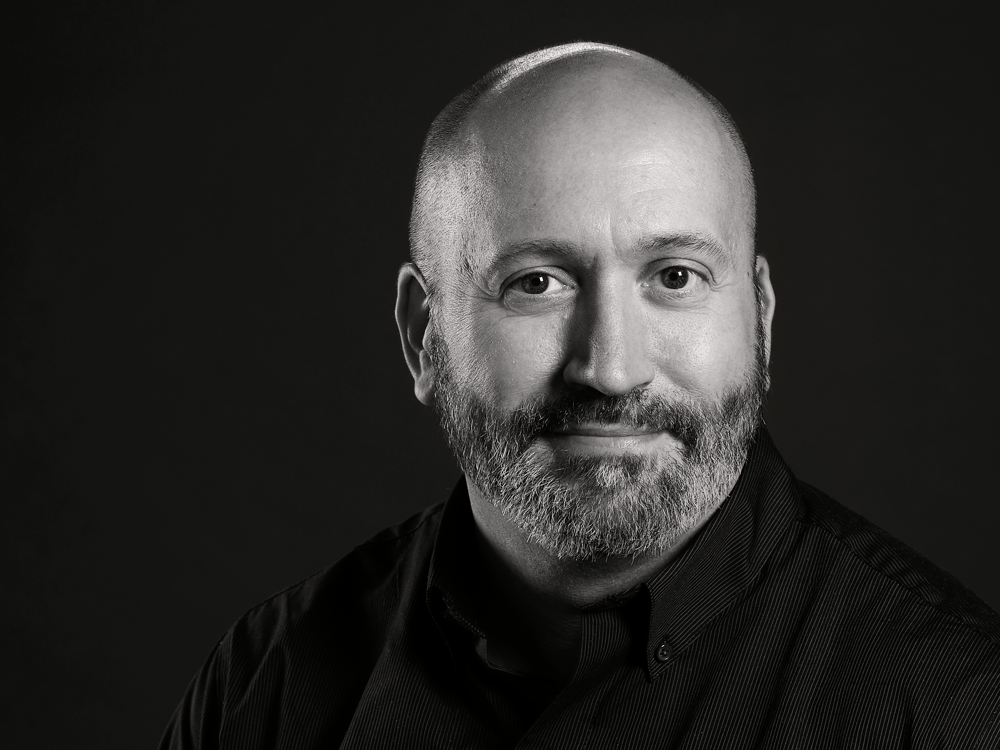By DAN LINTON

Privacy concerns across the country continue to increase, and consumers expect their healthcare information to be private. Headline-making data sales, skepticism of Silicon Valley privacy practices, and COVID-19 contact tracing concerns compounded with a general lack of consumer awareness have continued to generate an ongoing storm ofnegative press and political scrutiny.
With COVID-19 continuing to rampage throughout the country, there is a need for the contact tracing and other technology applications to assess public health. At the same time, changing HHS rules are giving Americans more access and control over their own health data. Both availability and the promise of positive impact of data on people’s lives has never been greater.
Despite the critical need and incredible potential, there is still a great deal of confusion, lack of awareness and heightened concern among consumers. Studies show that the vast majority of Americans think the potential risks of data collection outweighs the potential benefits.
Clamping down on data privacy stifles innovation, and moving forward as we’ve been doing presents a potential privacy minefield. So, what should the healthcare industry do about it?
It is clear that data privacy, and particularly health data privacy, is crucial to consumer trust. Yet we also know thatconsumers are unclear who may be collecting their health data, or how it is being used.
That said, a recent study has shown that consumers want privacy protection, informed choice, and control over their data. It also revealed that people are more willing to share health data for altruistic reasons – either to advance their own health or to help advance public health and medicine in general.
Consumers believe that their health data is private information, yet they are more willing to share their data for the right reasons, with the right levels of communication, and with privacy protection. However, one thing is lacking: Thehealthcare industry does not do a good job of providing education or communication to consumers on the critical need that health data can fulfill.
What can healthcare companies do
To accelerate innovation through the use of patient data, healthcare organizations need to start taking consumer privacy expectations seriously.
Educate and communicate: Most people do not understand how health data can be used to develop new therapies, and only 29% believe it is being used to improve healthcare outcomes. Yet many consumers would share their health data if they knew it would be used to improve healthcare outcomes for others. Altruism is a stronger motivator for sharing health data than even paid compensation.
Provide informed choice: The vast majority of people believe that their health data should either not be shared or only shared with their permission. In addition, privacy legislation and consent requirements are getting more complex world-wide. An opt-in mechanism ensures that organizations have the opportunity to educate consumers on the amazing work that their health data can contribute to. This approach of including patients more directly in data collection will also create additional health research opportunities beyond the data recorded in medical records.
Address the generation gap: Boomers are well known to be more distrustful of technology and data collection. The same study showed that less than 30% of those ages 55 to 75 (an age group that might benefit most from COVID-19 interventions) indicated a willingness to download a contact tracing application compared to about 65% of Millennials (ages 25 to 39). Again, education is key – lack of communication about data access and storage significantly decreases the likelihood of downloading.
Let’s get on this
Data is essential to driving progress and innovation in healthcare, and the COVID-19 pandemic has placed the spotlight directly upon privacy. Interventions such as contact tracing and related technology applications in digital health have created an urgent need for companies to provide greater clarity around how health data is used.
To achieve the advances necessary to tackle COVID-19 and other healthcare challenges, organizations must proactively consider and respond to these privacy concerns. Addressing expectations and spending the time and money needed to educate the general public, particularly on the altruistic reasons for sharing data, is key to ensuring that data-driven insights continue to add value to the healthcare industry.
Dan Linton is the Global Data Privacy Officer at W2O, where he supports internal and client data privacy and protection practices with a specific focus on GDPR, CCPA and the impact of global privacy legislation on healthcare marketing and communications.
Categories: Uncategorized










“It is clear that data privacy, and particularly health data privacy, is crucial to consumer trust.”
Are you sure about that? Because everywhere else on the internet when users are tasked with choosing convenience or security, they choose convenience every time.